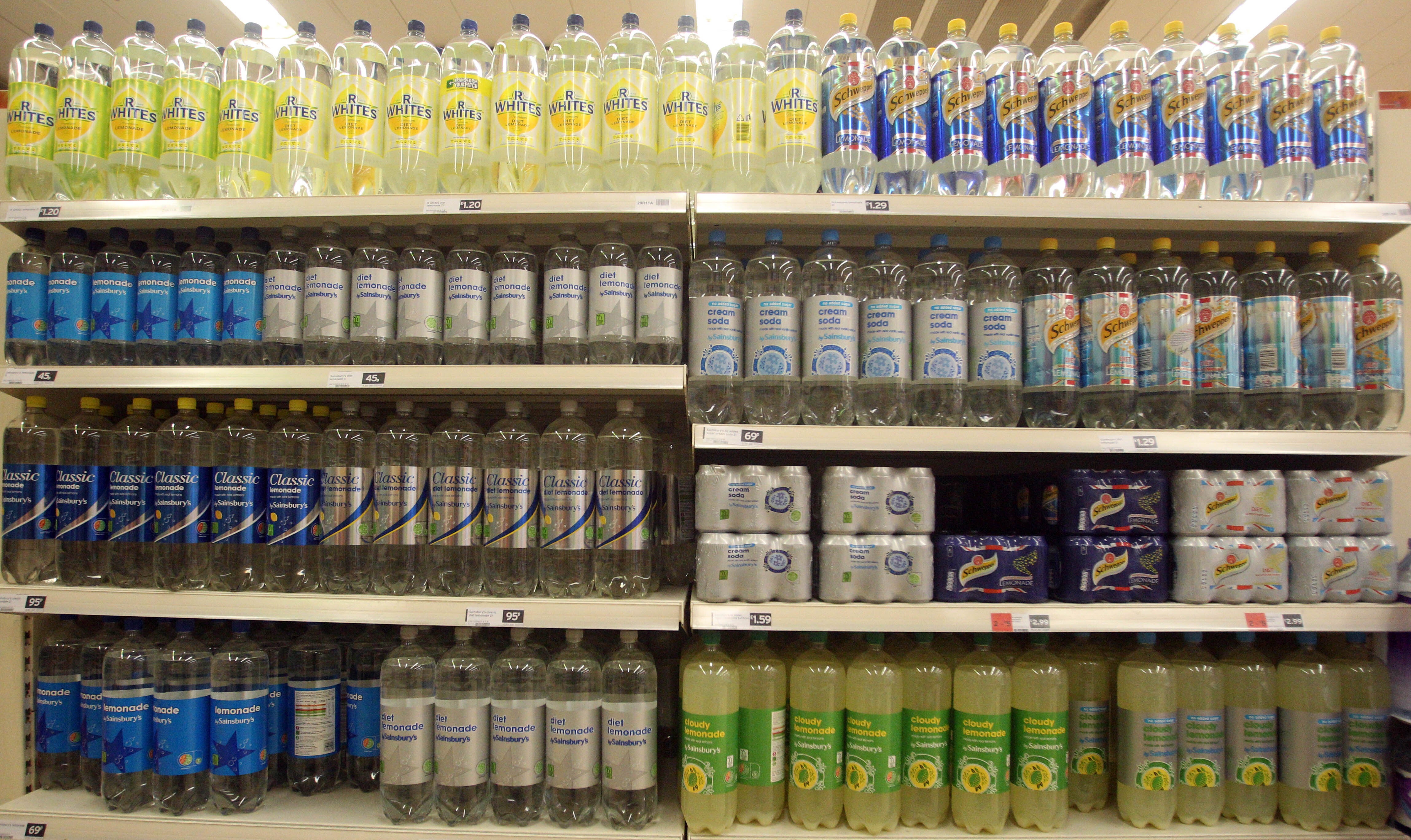Scientists hope for environmental benefit from drinks bottles
Research is being carried out to increase the amount of recycled material than can be included in PET bottles.

Your support helps us to tell the story
From reproductive rights to climate change to Big Tech, The Independent is on the ground when the story is developing. Whether it's investigating the financials of Elon Musk's pro-Trump PAC or producing our latest documentary, 'The A Word', which shines a light on the American women fighting for reproductive rights, we know how important it is to parse out the facts from the messaging.
At such a critical moment in US history, we need reporters on the ground. Your donation allows us to keep sending journalists to speak to both sides of the story.
The Independent is trusted by Americans across the entire political spectrum. And unlike many other quality news outlets, we choose not to lock Americans out of our reporting and analysis with paywalls. We believe quality journalism should be available to everyone, paid for by those who can afford it.
Your support makes all the difference.Work to increase the amount of recycled material that can be used in plastic drinks bottles could have “significant long-term environmental benefits”, the academic leading the project has said.
While more than 580 billion polyethylene terephthalate (PET) bottles are produced each year, most of these contain little or no recycled materials.
That is because variations in the recycled plastic can affect the colour and clarity of the finished product – and can also lead to bottle failures which could see fizzy drinks go flat.
Now scientists at Edinburgh’s Heriot-Watt University have won funding from Innovate UK to develop additives and processing methods that could significantly increase the amount of recycled material that can be used.
It is hoped the work – being carried out along with Glasgow-based business ENVIROPET and scientists from the University of Strathclyde – will help companies meet UK and European requirements for all new PET bottles to contain a minimum of 30% recycled material from 2030.
Professor David Bucknall of Heriot-Watt University said: “We want to solve the problems faced by using more recycled PET content in plastic bottles, which currently results in significantly poorer-quality bottles in terms of their mechanical properties and appearance.
“We’ll be testing how the additive improves the performance of recycled PET blends in a number of critical properties that directly affect the PET bottle behaviour. We will measure gas permeability through the plastic, which has a direct impact on the product shelf-life.
“To have a long shelf-life the plastic must prevent oxygen permeating into the bottle and affecting its content, but also stop CO2 escaping so that carbonated drinks don’t go ‘flat’.
“Our colleagues at the University of Strathclyde will integrate artificial intelligence and deep learning to ensure that the appropriate amount of additive will be included during melt processing of the PET mixtures.
“This will help manufacturers to use this system so that the correct blend ratios and processing conditions are automatically maintained to produce consistently predictable products.”
He added: “This project is exciting because we may be able to exceed 30% recycled material in any PET bottle, which would have significant long-term environmental benefits.”
Douglas Craig, managing director of ENVIROPET, said: “Our technology will help manufacturers comply with recycling targets and legislation and improve their bottle quality and environmental performance.
“It could potentially save firms millions by reducing the amount of raw material needed for new bottles, as well as the energy resource required for their manufacture.
“All of the major PET bottle manufacturers have outlets in the UK, which means we have a gateway to a global market.”